- Home
- Resources
- Product Focus
- PMMA Powder (2000 Mesh)
Looking for high purity, ultra-fine acrylic powders designed for research and precision applications? Alfa Chemistry understands that small quantities of specialty materials are critical to innovation. That's why we offer research-grade specification PMMA powders (2000 mesh) tailored for scientists, lab technicians and product developers working in coatings, biomedical devices, optics and 3D printing applications.
This grade of PMMA powders has an average particle size of 3-5 µm and is characterized by the following features:
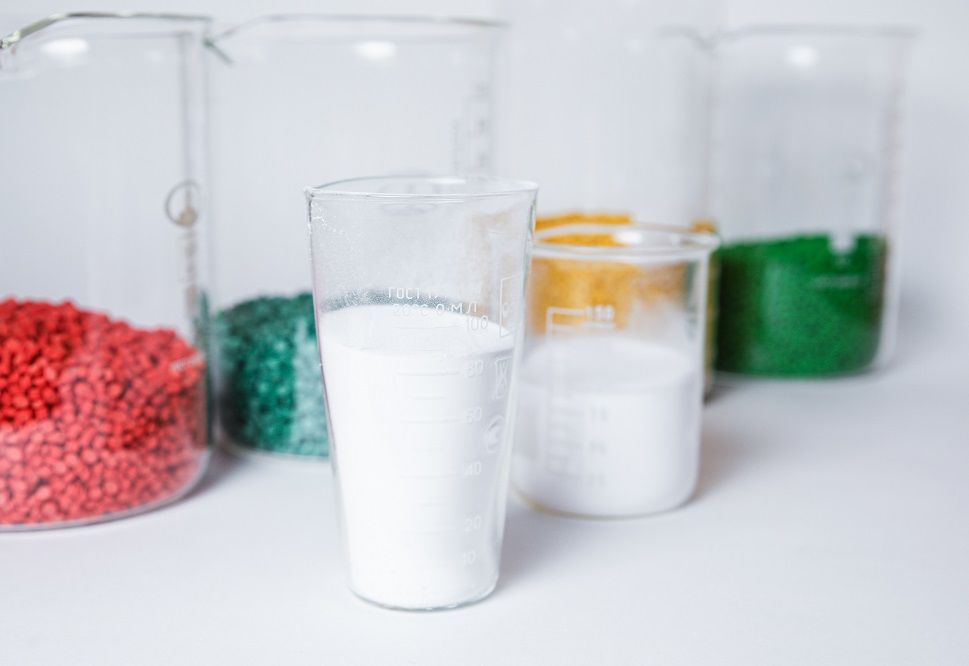
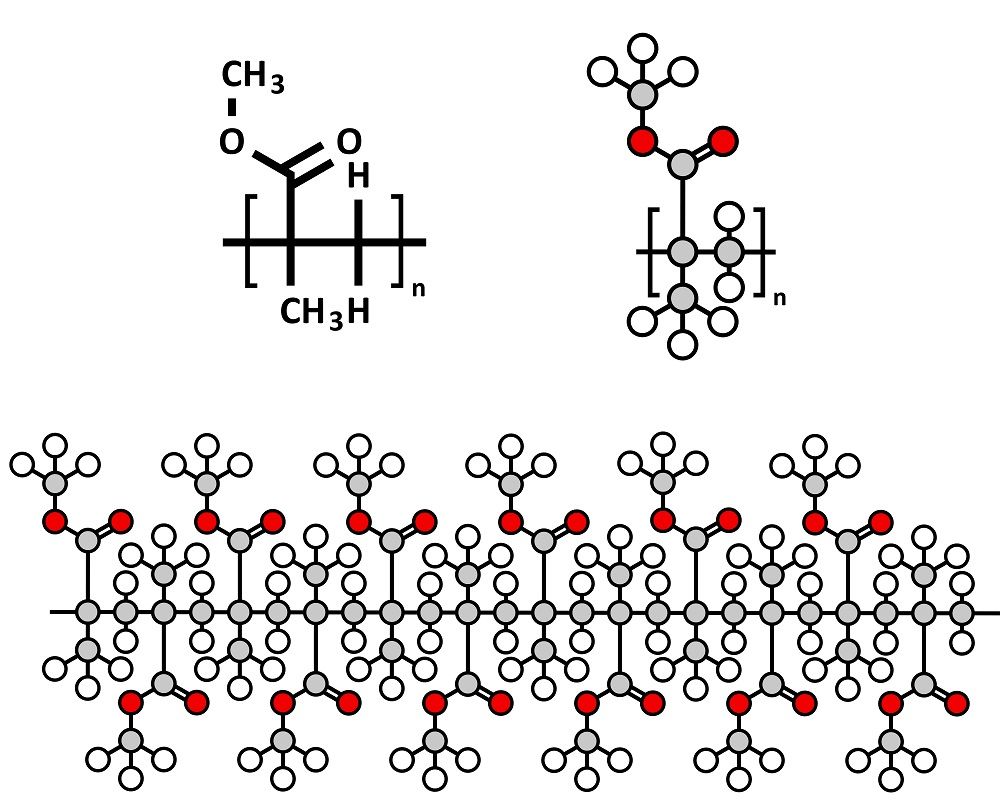
Poly(methyl methacrylate) (PMMA), commonly known as "acrylic glass", is a transparent, lightweight thermoplastic that is highly regarded for its beneficial properties.
PMMA powder has a density of 1.15 to 1.19 g/cm3 and a light transmission rate of 92%, far exceeding that of conventional glass. Its refractive index is about 1.49, which gives it excellent transparency.PMMA is thermally stable, with a melting point between 150 and 165°C and a flash point higher than 250°C. Its thermal conductivity is moderate, at 0.17 to 0.19 W/mK.
Chemically, PMMA is resistant to water, weak acids and bases, and UV-induced degradation but can degrade in strong solvents or in strong acidic conditions. PMMA is biocompatible, with low toxicity and is non-allergenic.
The 2000 mesh grade PMMA powders are chemically identical to “standard” PMMA, but offer the following advantages:
By understanding these properties, researchers and developers can make more informed decisions when selecting PMMA powders for specific applications.
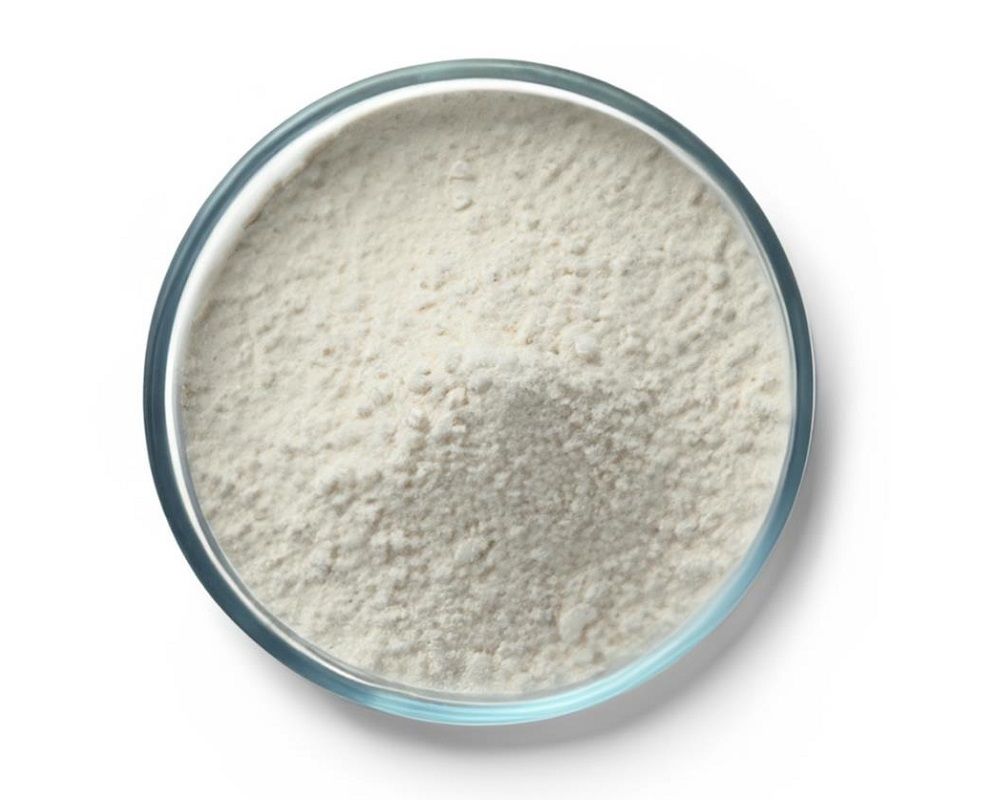
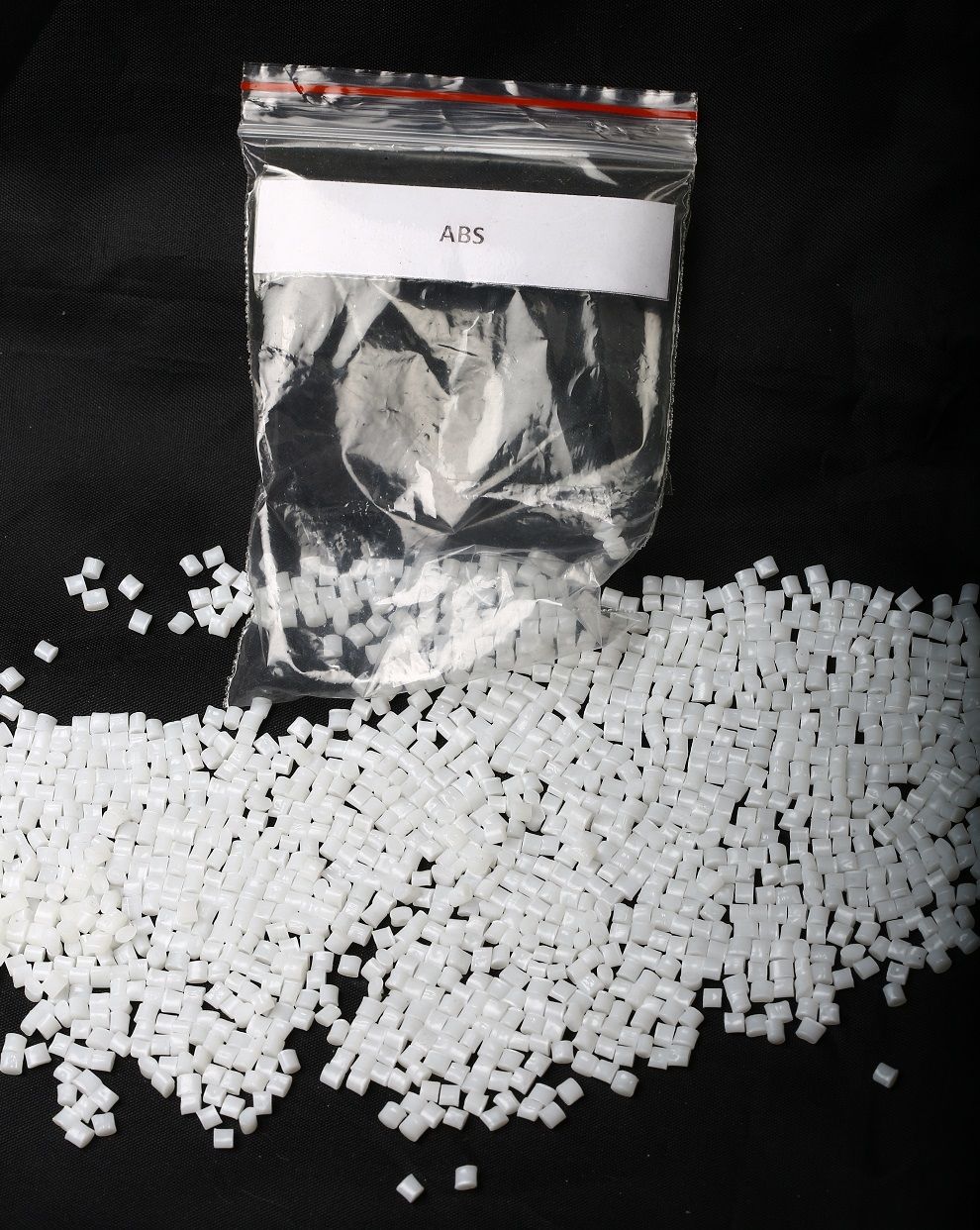
| Property | Specification |
| Mesh Size | 2000 mesh (~3-5 µm average particle size) |
| Purity | ≥99.5% |
| Appearance | White fine powder |
| Molecular Weight | ~120,000 g/mol |
Available Packaging:
Small-scale packages starting from 10g, 50g, 100g, up to 1kg — ideal for laboratory research and product development.
Ultrafine Particle Size
Ensures smooth surface finish for coatings and films.
High Purity
Stringent quality control ensures consistent performance in experimental or industrial applications.
Small Batch Availability
Ideal for research institutes, R&D teams, and niche product manufacturers.
Fast Delivery
In stock for next-day shipping of small batch orders.

Optical Films and Displays: Surface roughness<10 nm, which is essential to minimize light scattering.
Optical Diffusion: Increases clarity and transmittance up to 91.41%, which is ideal for lenses and protective films.
Printing and Lamination: Enhances ink flow and surface gloss.
Laser Sintering Binders: Suitable for ceramic and dental composites.
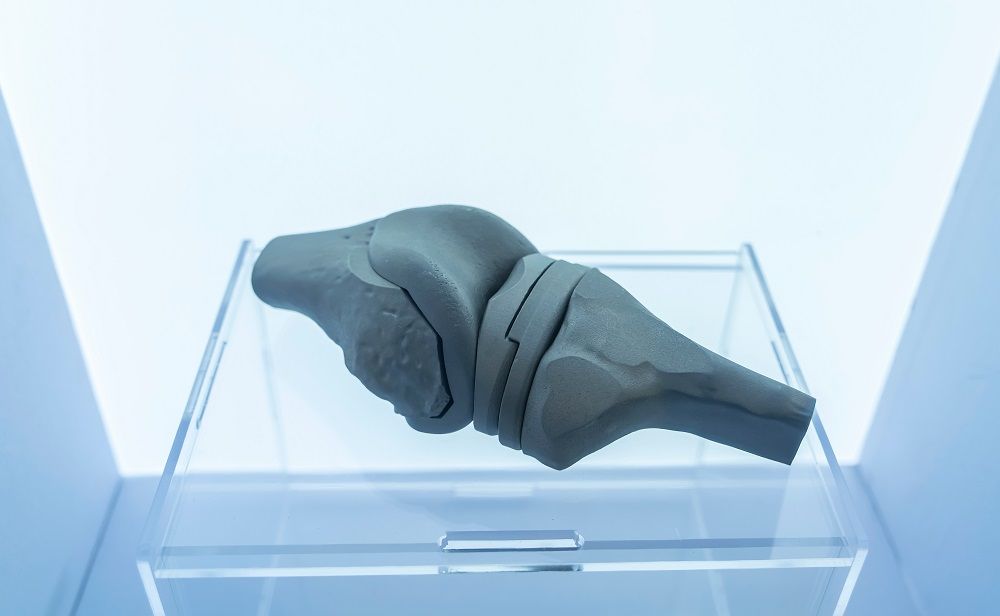
For high-resolution microfluidic devices, optics and biomedical prototypes.
High transparency (≥92%), better heat resistance than ABS/PLA.
Challenges include lower flow and increased thermal stress, with an optimal powder-to-liquid ratio of about 0.3 to mitigate warpage.
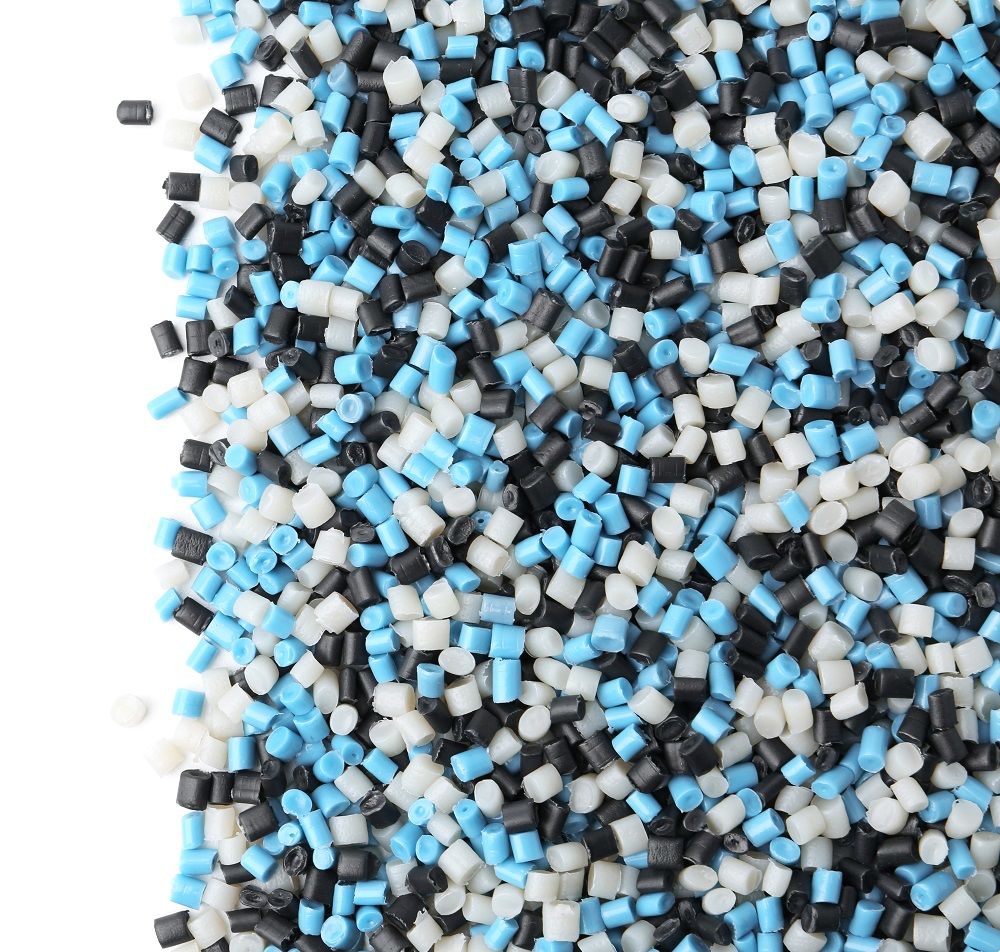
| Metric | 2000 Mesh PMMA | Coarser PMMA Powders |
| Surface Finish (Ra) | <10 nm | ~50 µm |
| Light Transmittance | >98% at 550 nm (with optimized coatings) | Lower due to scattering |
| 3D Printability | Better resolution, prone to warping | Easier scalability, rougher finish |
| Processing Flowability | Lower | Higher |
"Still looking for the right microsphere or powder material? Contact us for free selection advice and samples!"
Online InquiryPurchase high performance PMMA powders today - cover a wide range of markets and ensure the success of your project!
| Catalog | Product | Particle Size | Price |
|---|---|---|---|
| PL-PMMA-A024 | PMMA Powder (16 mesh) | 16 mesh | Inquiry |
| PL-PMMA-A025 | PMMA Powder (32 mesh) | 32 mesh | Inquiry |
| PL-PMMA-A026 | PMMA Powder (100 mesh) | 100 mesh | Inquiry |
| PL-PMMA-A027 | PMMA Powder (200 mesh) | 200 mesh | Inquiry |
| PL-PMMA-A028 | PMMA Powder (300 mesh) | 300 mesh | Inquiry |
| PL-PMMA-A029 | PMMA Powder (500 mesh) | 500 mesh | Inquiry |
| PL-PMMA-A030 | PMMA Powder (1000 mesh) | 1000 mesh | Inquiry |
| PL-PMMA-A031 | PMMA Powder (1500 mesh) | 1500 mesh | Inquiry |
| PL-PMMA-A032 | PMMA Powder (2000 mesh) | 2000 mesh | Inquiry |
We support customization services — contact us with your requirements!
Alfa Chemistry is proud to show you successful application examples of our PEEK granules.
* You can reach out to us for additional product information or technical support.


Are PMMA powders suitable for biomedical applications?
Yes, our PMMA powders are pure and biocompatible and are suitable for biomedical research, microfluidics and diagnostic devices. However, due to the possible risk of granuloma formation in fine particles, we recommend careful evaluation for implantable applications.
What solvents are PMMA powders soluble in?
PMMA powders are soluble in a variety of organic solvents such as chloroform, tetrahydrofuran (THF) and acetone, which facilitates a wide range of processing.
What is the shelf life and storage conditions for PMMA powders?
PMMA powders should be stored in a cool, dry environment away from direct sunlight and moisture. They are stable for at least 12 months under proper storage conditions.
Can PMMA powders be used in solvent casting processes?
Yes, PMMA powders can be used in solvent casting processes to produce films or membranes as long as compatible solvents (e.g. chloroform or tetrahydrofuran) are used and proper mixing and drying procedures are followed.
Are your PMMA powders surface modified in any way?
Our standard PMMA powders are unmodified, but surface treatment variants (e.g. hydrophilic or functionalized surfaces) can be developed on request to meet specific applications.
Are your PMMA powders suitable for dental materials or bone cements?
While our PMMA powders are pure and homogeneous, permanent medical applications require clinical-grade certification. Our powders are better suited for biomedical research and prototyping.
What is the recommended method for dispersing PMMA powders in water?
PMMA is inherently insoluble in water but can be dispersed using surfactants or coupling agents to improve its stability in aqueous systems. We can recommend formulation additives according to your needs.
Can your PMMA powder be blended with other polymers?
Yes, it can be blended with other thermoplastics or resins to modify mechanical or optical properties and is commonly used in composites and hybrids.